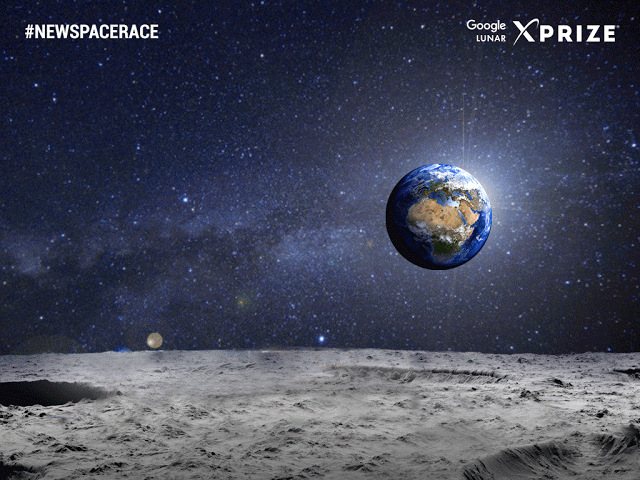Want smarter insights in your inbox? Sign up for our weekly newsletters to get only what matters to enterprise AI, data, and security leaders. Subscribe Now
Google has announced the first team of engineers to sign up to land a private, unmanned aircraft on the moon as part of the Google-sponsored Lunar Xprize.
First announced in 2007, the $30 million Google Lunar Xprize, sometimes referred to as Moon 2.0, is a project from Xprize, an initiative launched in 1995 to help solve “the world’s Grand Challenges” through incentive-based prizes.
During a press conference in Jerusalem today, Israel-based SpaceIL revealed it had secured a “ticket to the moon” on a spacecraft that is expected to launch in late 2017. If successful, this would make SpaceIL not only the first Israeli organization to land an aircraft on the moon, but the first anywhere to launch a privately funded mission.
The SpaceIL team will build their own capsule, which will use a SpaceX Falcon 9 launcher to shoot into space, before separating and making its own way to the moon. Here’s the first rendering — as a GIF, what else? — of what the SpaceIL craft will look like.
While SpaceIL is the first of the Lunar Xprize contestants to win a “verified launch contract,” there may be more to follow. The competition remains open to 15 other Google Lunar Xprize participants from around the world, who have until the end of 2016 to win their own contracts. However, all missions must be complete by the end of 2017, which doesn’t leave an awful lot of time.
The competition has a $30 million purse, some of which has already been awarded to a number of companies for meeting key milestones. The full criteria for a “successful” mission means an unmanned craft must not only land on the surface of the moon, but must also travel 500 meters and beam back high-definition videos and photos of the surface (don’t be surprised if some of these make their way onto Google Street View).
The first team to complete the mission wins the $20 million grand prize, and the second team wins $5 million. However, the teams must prove that 90 percent of the project’s costs emanated from private funds. So far, SpaceIL has estimated its mission will cost around $36 million, and it has received some big donations to date.
Between Virgin Galactic and Elon Musk’s SpaceX, and Google’s lunar aspirations, it’s clear that space entrepreneurship is about to get huge.



